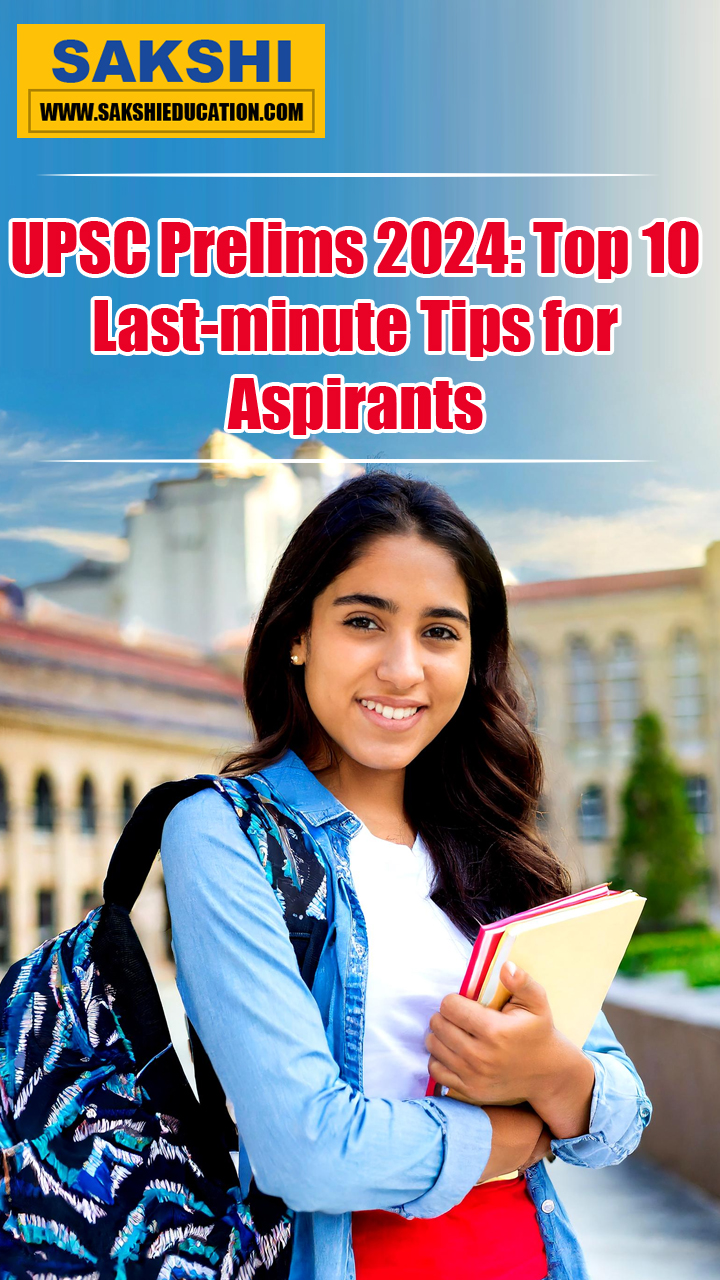TS Gurukulam Physical Director Exam Pattern & Syllabus

Scheme and Syllabus for the post of Physical Director (School) in Residential Educational Institution Societies
Scheme of Examination
|
Written Examination (Objective Type) |
No. of Questions |
Duration (Minutes) |
Marks |
|
|
Paper-I |
General Studies, General Abilities and Basic Proficiency in English |
100 |
120 |
100 |
|
Paper-II |
Physical Education |
100 |
120 |
100 |
|
Demonstration |
25 |
|||
|
Total |
225 |
|||
TS Gurukulam 275 Physical Director Detail Notification 2023;
Syllabus
Paper-I: General Studies, General Abilities and Basic Proficiency in English
Section-I: General Studies
1. Current Affairs – Regional, National & International
2. Indian Constitution; Indian Political System; Governance and Public Policy.
3. Social Exclusion; Rights issues such as Gender, Caste, Tribe, Disability etc. and inclusive policies.
4. Society Culture, Civilization Heritage, Arts and Literature of India and Telangana
5. General Science; India’s Achievements in Science and Technology
6. Environmental Issues; Disaster Management- Prevention and Mitigation Strategies and Sustainable Development.
7. Economic and Social Development of India and Telangana.
8. Socio-economic, Political and Cultural History of Telangana with special emphasis on Telangana Statehood Movement and formation of Telangana state.
Section-II: General Abilities
1. Analytical Abilities: Logical Reasoning and Data Interpretation.
2. Moral Values and Professional Ethics in Education.
3. Teaching Aptitude
Section – III: Basic Proficiency in English.
i) School Level English Grammar: Articles; Tense; Noun & Pronouns; Adjectives; Adverbs; Verbs; Modals; Subject- Verb Agreement; Non-Finites; Reported Speech; Degrees of Comparison; Active and Passive Voice; Prepositions; Conjunctions; Conditionals.
ii) Vocabulary: Synonyms and Antonyms; Phrasal Verbs; Related Pair of Words; Idioms and Phrases; Proverbs.
iii) Words and Sentences: Use of Words ; Choosing Appropriate words and Words often Confused; Sentence Arrangement, Completion, Fillers and Improvement; Transformation of Sentences; Comprehension; Punctuation; Spelling Test; Spotting of Errors.
Paper-II: Physical Education
I. Bases of Physical Education: Nature and Meaning of Physical Education; The biological basis of life; Growth and Development; Physical Education and Recreation as socializing factors – Cooperation and Competition; Character building and Adjective development through Games and Sports. Philosophy of Physical Education History of Physical Education – Ancient History, Greece, Sprata, Athens, Ancient Rome – German, Ancient Modern, Olympic moment, Historical development of Physical Education of in India and status of various committees and their recommendations
II. Organization and Administration of Physical Education: Meaning of the terms organization, Administration and Supervision; Guiding Principles of Organization; Play fields – Construction and Maintenance – Equipment – Purchase and Care and Maintenance; Layout and Maintenance of Swimming Pool Athletic Track and Gymnasium; Time Table; Sports Budget and Accounting; Records and Registers; Concept and types of Supervision; Qualities of good Supervisors, Guiding principles of Supervision.
III. Sports Psychology: Psychology, Meaning and Definition of Psychology – Definition of Sports Psychology, need and importance – Development and stages – Motor development, Social Development – Role of Maturation – Individual differences, Personality and well built sports personality, Types of personality, Theories of personality – Emotion, positive and negative emotion – Anxiety – Aggression – Arousal and Activitation, role of emotion in sports and control of emotion in sports; Play – Theories of Play Learning – Kinds of Learning – Laws of Learning – Learning curve – Transfer of Training. Motivation – Meaning, definition and its importance.
IV. Methods and Materials in Physical Education: Presentation techniques – Personal and Technical – Management of Class; Methods of Teaching – Factors influencing method – Verbal Explanation, Demonstration, Explanation, Discussion and Supervision; Lesson Planning; Tournaments – Types of Tournaments – Knock out, League and Combination – Fixtures for Tournaments – Knock-out League fixtures; Classification – Classification of Students – Homogenous group and Heterogenous group; Characteristics of Good Test; Sports Training Method of Training - Definition of Sports Training – importance of Training – Types of Training Methods – Resistance, circuit, Interval and Continuous warning up types and cool down Fatigue – Types of Fatigue – Effect on sports performance; Various Recovery methods and types of recovery.
V. Anatomy and Physiology and Kinesiology: Structure and Functions of cell; Skeletal system ; Muscular system, Respiratory system; Digestive system ; Circulatory system ; Excretory system Nervous system - Structure and Functions of Human Brain and Spinal cord and their effect with exercise ; Kinesiology
VI. Health Education, Safety Education in Physical Education Curriculum Health meaning, nature and need of Health; Definition of Health, Hygiene and Sanitation; Factors influencing Health – Heredity, Habits and Environment; Factors influencing Physical, Mental Health and Social Health; Communicable diseases – Prevention and Control – Tuberculosis, Cholera; Malaria, Typhoid, Measles and Whooping cough; Food and Nutrition – Essential Constituents of food – Proteins, CHO, Fats, Minerals, Vitamins – Balanced DIET – Under nutrition and malnutrition.; Posture – Definition – Values of Good Posture – Common Pastural deformities – Kyphosis, Lordosis, Scoliosis, knocked – knees, Flat foot; Coordinated School Health programme – Health Services, Health Instruction, Health Supervision and Health Record; Safety Education – Safety on Road, Safety in the School, Safety on playfields; Pollution – Air and Water Pollutions and their prevention and control, Sports injuries – Prevention of injuries – Sports Physiotherapy
VII. Yoga and Physical Education: Yoga – Definition, Meaning and Objectives; Values of Streams of Yoga – Jnana, Bhakti, Karuna, Raja Yoga; Relationship of Yoga with Physical Education and Health; Patanjali Ashtanga Yoga; Yama, Niyama, Asana, Pranayama, Prathyahasa; Dharma, Dhyana and Samadhi; Pranayama – Meaning and importance; Stages of Pranayama Physiological values of Pranayama ; Effect of yoga, exercises and cure of the diseases, Physiology of Exercise; Warming up, Conditioning, Motor end plate, Glycolsis, effective of exercises on respiratory muscular and cardiovascular systems.
VIII. Officiating and Coaching of Physical Education: Meaning and Principles of officiating; Duties of Referee / Umpires / Scorer’s coach in various Games; Athletics – Runs, Throws and Jumps; Marking, Rules, Signals and Systems of Officiating in the following Games; Volley Ball, Basket Ball, Kabaddi, Khokho, Soft Ball, Ball Badminton, Hockey, Foot Ball, Cricket, Tennikoit, Hand Ball; Qualities of good official and coach.










